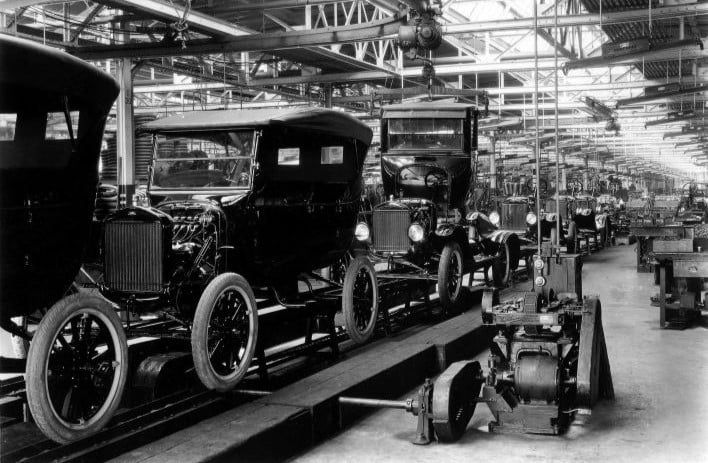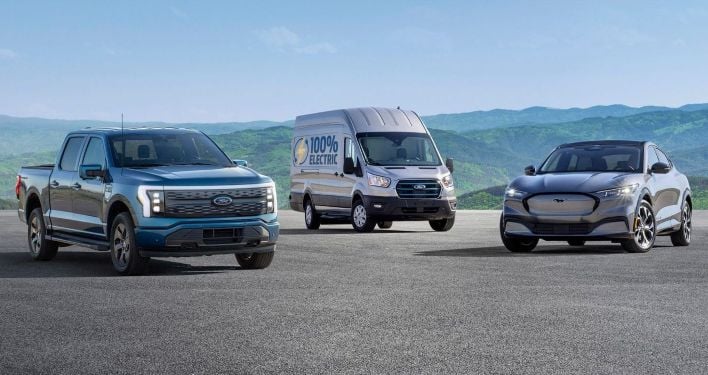Ford CEO Calls Breakthrough EV Strategy Another Model-T Moment

This new direction comes as Ford, like many legacy automakers, navigates the complexities of the ever-changing EV landscape. While the initial rush of electric vehicle adoption saw premium models dominate, the market is now demanding more cost-effective solutions. Farley has been vocal about Ford's intent to directly compete with Chinese EV manufacturers like BYD and Geely, which have made significant strides in producing high-quality, budget-friendly electric cars. He even reportedly daily-drives a Xiaomi SU7, a Chinese EV, as a source of inspiration for Ford's engineering teams.

Behind the scenes, Ford has reportedly been operating a skunkworks team for several years, dedicated to developing this mystery, low-cost EV platform. While specifics remain under wraps until the August 11 event, industry speculation suggests that the first vehicle to emerge from this new architecture could be a mid-size electric pickup truck, potentially launching around 2027. Reports also indicate the platform is flexible enough to underpin various vehicle types, including compact SUVs and even delivery vehicles, catering to a broader customer base.
A key component of Ford's cost-cutting strategy involves the use of lithium iron phosphate (LFP) batteries. The company is already establishing a domestic LFP battery plant at BlueOval Battery Park Michigan (set to begin production in 2026), which is crucial for qualifying for Inflation Reduction Act benefits and further driving down battery costs.

